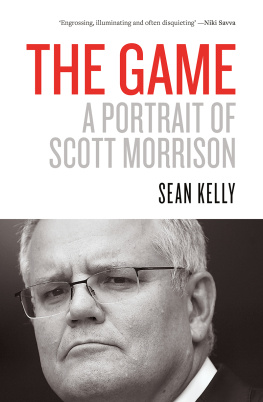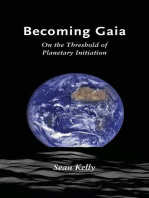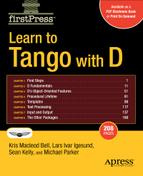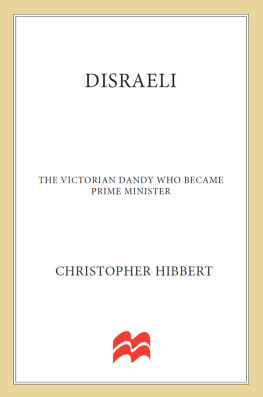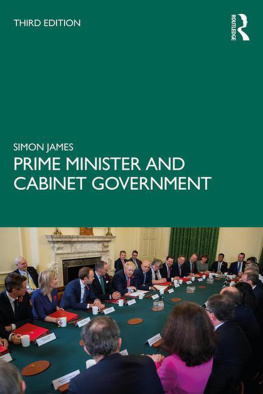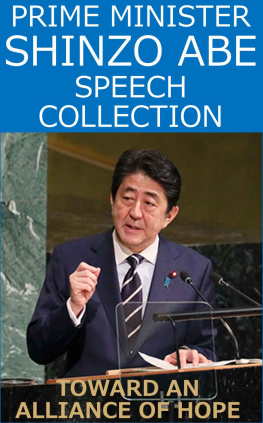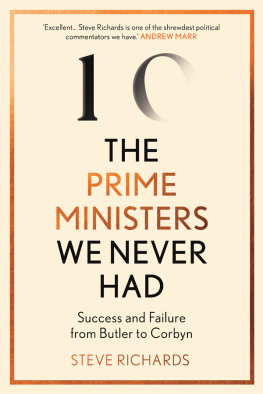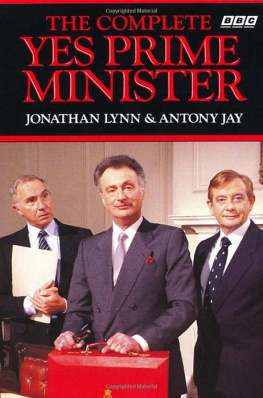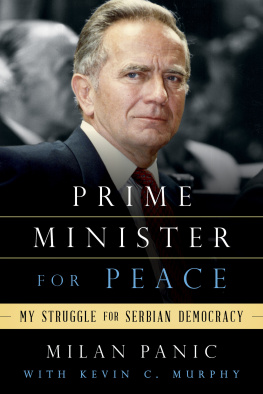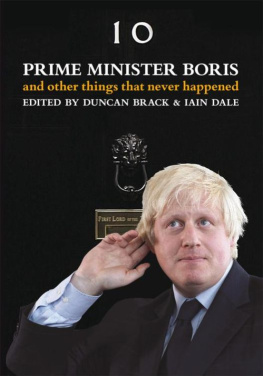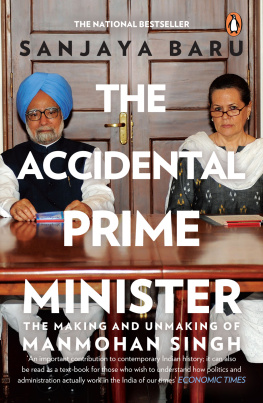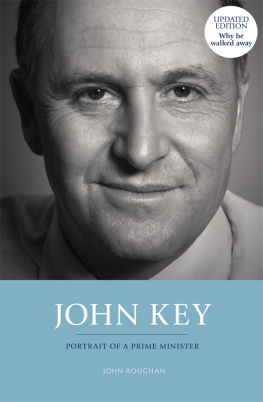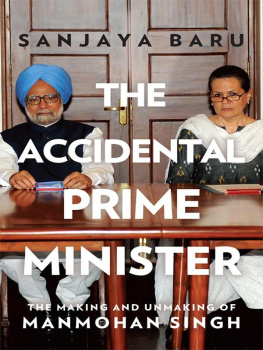Sean Kelly - The Game: A Portrait of Scott Morrison
Here you can read online Sean Kelly - The Game: A Portrait of Scott Morrison full text of the book (entire story) in english for free. Download pdf and epub, get meaning, cover and reviews about this ebook. year: 2021, publisher: Black Incorporated, genre: Detective and thriller. Description of the work, (preface) as well as reviews are available. Best literature library LitArk.com created for fans of good reading and offers a wide selection of genres:
Romance novel
Science fiction
Adventure
Detective
Science
History
Home and family
Prose
Art
Politics
Computer
Non-fiction
Religion
Business
Children
Humor
Choose a favorite category and find really read worthwhile books. Enjoy immersion in the world of imagination, feel the emotions of the characters or learn something new for yourself, make an fascinating discovery.
- Book:The Game: A Portrait of Scott Morrison
- Author:
- Publisher:Black Incorporated
- Genre:
- Year:2021
- Rating:5 / 5
- Favourites:Add to favourites
- Your mark:
- 100
- 1
- 2
- 3
- 4
- 5
The Game: A Portrait of Scott Morrison: summary, description and annotation
We offer to read an annotation, description, summary or preface (depends on what the author of the book "The Game: A Portrait of Scott Morrison" wrote himself). If you haven't found the necessary information about the book — write in the comments, we will try to find it.
The Game: A Portrait of Scott Morrison — read online for free the complete book (whole text) full work
Below is the text of the book, divided by pages. System saving the place of the last page read, allows you to conveniently read the book "The Game: A Portrait of Scott Morrison" online for free, without having to search again every time where you left off. Put a bookmark, and you can go to the page where you finished reading at any time.
Font size:
Interval:
Bookmark:


Published by Black Inc.,
an imprint of Schwartz Books Pty Ltd
Level 1, 221 Drummond Street
Carlton VIC 3053, Australia
www.blackincbooks.com
Copyright Sean Kelly 2021
Sean Kelly asserts his right to be known as the author of this work.
ALL RIGHTS RESERVED.
No part of this publication may be reproduced, stored in a retrieval system, or transmitted in any form by any means electronic, mechanical, photocopying, recording or otherwise without the prior consent of the publishers.
9781760643119 (paperback)
9781743821985 (ebook)

Cover image: Lukas Coch / AAP Images
Cover and text design by Tristan Main
Typesetting by Typography Studio
To Anne-Louise and Arlo
Dearer to us the falsehood that exalts
Than hosts of baser truths.
PUSHKIN, AS QUOTED BY CHEKHOV
Austrians can only tolerate seriousness as a joke.
THOMAS BERNHARD
A MAN
APPEARANCES
In 2015, the first episode of the fifth season of Kitchen Cabinet screened. The format of the popular television show was straightforward: the host, Annabel Crabb, would arrive, smiling, at the home of a politician. The politician would cook a meal; in exchange, Crabb would provide dessert. During the cooking, and then over the meal, the two would chat.
Crabb occupied a unique place in the Australian political landscape. She was an insightful analyst, but rather than adopting the dour or sententious attitude struck by most political experts, she was charming, friendly, witty. Instead of unfashionable suits, she wore brightly coloured dresses. She had made a name for herself in newspapers, with arch and elegant prose, then had successfully made the shift to television, becoming one of the biggest stars at the national broadcaster. A promotional kit distributed to the press that year featured a photo of Crabb dressed in yellow period costume as Marie Antoinette, smiling quizzically over her shoulder at the camera; in one hand she was holding a small slice of cake. (The publicists evidently judged this too subtle: with her other hand she held a newspaper with the headline Let Them Eat Cake!.)
That years season was met with uncommon rage. Columns denouncing the show began to appear in the press. Crabb was forced to defend the program in interviews and in a column of her own. Even before the show screened, there was the scent of controversy in the air. Crabb told The Guardian: Ive already had some feedback on social media from people saying, Oh, I wont watch. How could you even speak to that evil man?, which I think is beyond ridiculous. What is the point of refusing to even countenance someone who is now so influential over all our lives?
That evil man was Scott Morrison, a senior minister in the Liberal government. His frame was large, giving the impression that, at some point in the past, he may have been well-built. His facial features were large too; he looked a little like a friendly ogre. His hair had receded quite a bit. What remained was tufty, mostly grey and white, in the final stages of retreat from the brown it had once been. For the more casual setting of Kitchen Cabinet, he was dressed, predictably enough for a middle-aged conservative politician, in a polo shirt, though possibly he had not bought it for himself: the colour was somewhere between mauve and wisteria. He was forty-seven and looked cheerily indestructible.
Morrisons appearance on the show had been heavily promoted. The press kit read, Morrison is at ease in the kitchen as he prepares a Sri Lankan fish curry, chapatis and samosas, or as his staff hilariously call them ScoMosas. The kit also reported that after accepting the role of immigration minister the job he had held before moving to social services Morrison had succeeded in his brief of stopping the asylum-seeker boats.
The television producers no doubt hoped his appearance on the show would divide and provoke viewers, which it did, though perhaps not in the way they had expected. Attacks coalesced around the idea that Crabb was allowing politicians, Morrison in particular, a chance to seduce her viewers through the easy format of a soft lifestyle show, rather than interrogating them about their policies. In the first and sharpest critique, Amy McQuire argued journalism was not about humanising those in power, its about humanising those who are let down by those in power.
Defending herself against the outrage, Crabb mentioned one argument she had found more persuasive than most, from TV critic Ben Pobjie, who wrote: What a government minister is like at home or in the kitchen is irrelevant to the country: what matters is what they do. And the more we get to know them personally the more we fall for the lie that what theyre really like is important. Crabbs response was this:
I dont think you can possibly separate what people are like from what they do. Political leaders like every single one of us are shaped by the things that have happened to them and to the people close to them. Those factors what theyre like exert a considerable and usually invisible influence over the most important decisions a political leader will ever make. Namely: which issues they are going to choose to die in a ditch for, which they will pop in the too-hard basket, which they might compromise on. This is the stuff that realistically drives the political process. And fleshy, human, and deeply subjective stuff it is too. Knowing what a person is like is powerful. Why should it only be political journalists and insiders who get to see it?
Much of the rage could be traced to a single notorious incident, from Morrisons time in Opposition. In 2010, towards the end of the year, when most politicians were already on holiday, fifty asylum seekers died in a wreck. Their wooden boat crashed into rocks, and was then smashed by the ocean into the cliffs of Christmas Island. At that point, it came apart. This was in the early morning. One local told the ABC that he woke to a sort of synchronised screaming. Another said, Ladies and men, babies as well, young kids they were screaming, screaming for help. Three days later, the authorities called off their search and rescue efforts.
Since 2001, Christmas Island 1550 kilometres to the north-west of the Australian mainland had been used to hold asylum seekers. Because it was a shorter trip from Indonesia than mainland Australia was, it had also become a destination for people wishing to claim asylum in Australia. The survivors of the wreck were detained on the island but asked that their dead family members be buried on the mainland. The Labor government agreed. Nine weeks later, near the end of summer, several were flown to Sydney, along with other relatives of the dead, to attend the funerals.
A report later that week in The Canberra Times recounted an extraordinary political attack:
Opposition immigration spokesman Scott Morrison told 2GB radio he believed Australians would be angry to learn the Government was paying for grieving families to fly from Christmas Island to the mainland to attend the funerals.
Well, theres nothing in the refugee convention which covers this situation and places an obligation on us and I think people would be, rightly from what theyve heard, angry about this, Morrison said. I think theyll be wanting an explanation from the minister. And they did: talkback radio switchboards, from 2GB to Canberras 666 ABC, lit up with irate callers. Morrison repeated his criticism of the Government paying for the funerals throughout the day of the funeral.
Font size:
Interval:
Bookmark:
Similar books «The Game: A Portrait of Scott Morrison»
Look at similar books to The Game: A Portrait of Scott Morrison. We have selected literature similar in name and meaning in the hope of providing readers with more options to find new, interesting, not yet read works.
Discussion, reviews of the book The Game: A Portrait of Scott Morrison and just readers' own opinions. Leave your comments, write what you think about the work, its meaning or the main characters. Specify what exactly you liked and what you didn't like, and why you think so.

